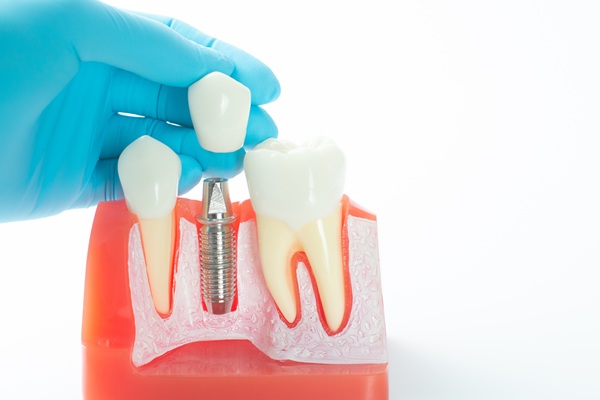How Long Will a Dental Sealant Treatment Last?

A dental sealant is an excellent preventive treatment for cavity-prone patients. Even with a good oral hygiene routine, some people are still vulnerable to tooth decay because of the structure and shape of their dentition. If the dentist notices that a patient is susceptible to decay despite good oral hygiene, they may recommend using dental sealants to be a protective barrier for the teeth. One of the questions patients often have about the procedure is how long the dental sealant treatment lasts.
The importance of dental sealants
Dentists do not advise all their patients to get sealants — mostly kids and young adults with molars and premolars, or sometimes, baby teeth. The sealant fills the deep pits and grooves of the chewing surfaces of the back teeth, which are prone to cavities because they tend to trap food debris. Food debris and bacteria on the chewing surfaces of the teeth are a recipe for tooth decay.
Before decay occurs on the teeth, the dentist can apply sealants to smooth out the chewing surfaces. The plastic barrier prevents bacteria and food particles from building up on the tooth’s surface and makes brushing much easier.
The durability of dental sealants
It is reasonable to worry about the effectiveness and longevity of dental sealants, considering they are made from a plastic material. However, dental sealants are created to be durable. After applying the sealant over the teeth, they can last up to 10 years with proper care. There will be no need to remove them; instead, they will gradually deteriorate over time until none of the material is left on the teeth.
As the material wears down, patients can visit the dentist to get new sealants when necessary. Nevertheless, the hardened plastic is highly durable and will withstand normal biting forces as long as it not subjected to undue stress, such as biting on hard substances or using the teeth as a tool for opening tough packages. To protect the sealant, patients must avoid chewing on hard foods, as well. Such activities can damage not only the sealant material but also the natural tooth enamel.
After the dental sealant procedure, the dentist will continue to check the structural integrity every time the patient comes in for a dental checkup and cleaning. They may reapply the sealant if it appears to be deteriorating faster than anticipated. This will ensure that the teeth are continually protected from plaque that may harden into tartar ahead of their next dental appointment.
It is important to note that the sealant is not the only method of preventing cavities, and certainly not a replacement for oral care routine. Patients will still need to brush and floss their teeth, get antimicrobial or fluoride mouthwash, and maintain good dietary habits to protect their teeth from cavities.
The bottom line
If you think a dental sealant might be a good option for you or your child, talk to the dentist during your next appointment. If you are eligible to get sealant protection, the dentist will perform the procedure to minimize the occurrence of tooth decay.
Request an appointment here: https://dentalimplantsoakland.com or call Oakland Dental Implant Center at (510) 257-2284 for an appointment in our Oakland office.
Check out what others are saying about our dental services on Yelp: Dental Sealants in Oakland, CA.
Recent Posts
Almost everyone understands the importance behind brushing your teeth and the role tooth enamel plays in preventative dentistry and maintaining dental health.However, many underestimate the unique quality that enamel has and don’t have a complete understanding of how enamel works, which in return makes it far more difficult to take the necessary precautions to ensure…
More people are packing their lunches at home to take to work. To help save money, this cost-saving habit can be great on the wallet. However, it also allows for more control over the type of food that you eat. Today, we will cover the top 5 best foods to have in a diet that…
Preventive Dental CareThere are two types of patients who visit the dentist. The first is the type of person who comes in regularly, on the dot, for their biannual inspection, and then there are those patients who do not want to come into our office until they have some kind of dental emergency. While we…
It is essential to visit a family dentist every six months to maintain proper oral health. While it is possible to keep the teeth and gums suitably clean with appropriate brushing and flossing techniques, excellent home care is never a substitute for professional cleanings and preventative care. However, there are more benefits to routine dental…


